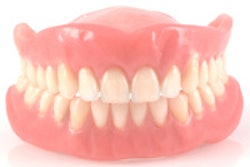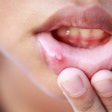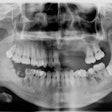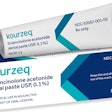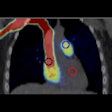In the first study investigating the origins of a little-known condition called chronic ulcerative stomatitis (CUS), researchers at Tufts University School of Dental Medicine have provided evidence that an autoimmune response contributes to the painful oral sores that characterize the disease (Oral Surgery, Oral Medicine, Oral Pathology, Oral Radiology, and Endodontology, April 4, 2011).
The study findings support the classification of CUS as a new autoimmune disease, according to the researchers.
Only 39 cases of CUS have been reported in the English-language medical literature since it was identified as a clinically distinct condition in 1989, but it is likely underdiagnosed because of low awareness among clinicians and the extensiveness of the testing that would confirm its presence, the study authors noted.
In this in vitro study, the researchers applied antibodies from four CUS patients to human skin equivalents (HSEs), a three-dimensional model of skin tissues. At low concentrations, the CUS antibodies appeared to have no effect. At higher concentrations, however, the researchers reported complete detachment of the surface layer of tissue, known as epithelium.
The researchers found that the CUS autoantibodies do not cause damage to the surface epithelial cells, but cause a change in the cell-binding proteins that allow the surface layer to attach to the connective tissue beneath them. This weakened cohesion results in breakdown of the tissue, which would result in the sores that characterize CUS.
"In our future research, we would like to gain a better understanding of the mechanisms linking the autoimmune response to ulcerative sores so that we can optimize approaches to managing the condition," said senior author Lynn Solomon, DDS, an associate professor in the university's department of oral and maxillofacial pathology. "Additional data will help us evaluate hydroxychloroquine therapy, an antimalarial drug used off-label that provides relief in many cases, but is not well-tolerated by some patients and may have serious side effects."




